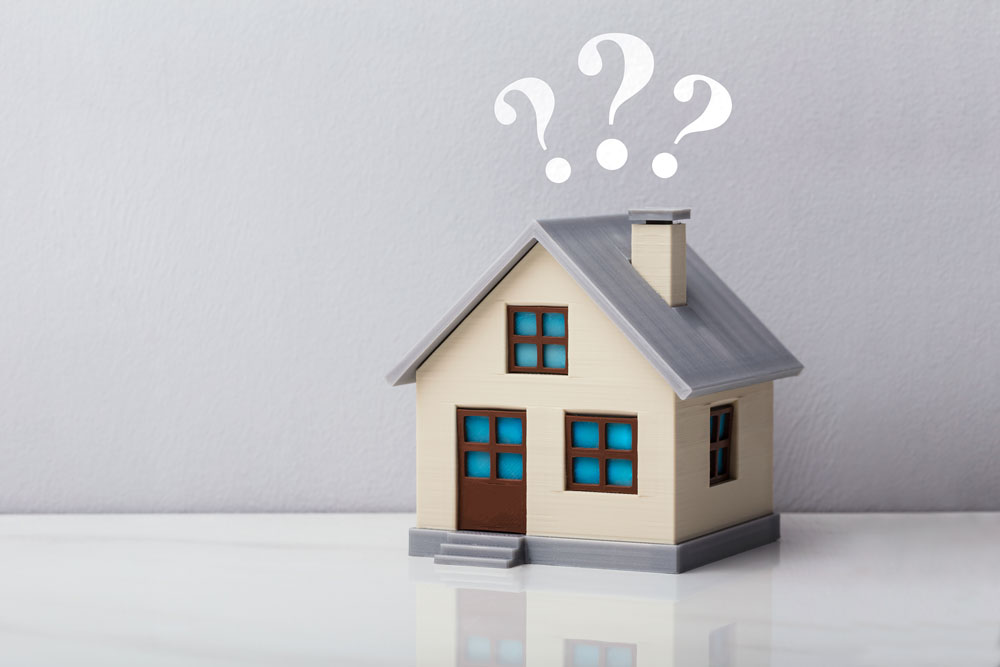Many tenants dream of owning a home one day due to the benefits such as freedom over living space, building equity, and potential profits from property value increases. However, purchasing a home can be a major financial commitment and may not be the best choice for everyone. Therefore, it's crucial to consider several important questions when deciding whether to continue renting or buy a home.
Overcommitting financially can affect your ability to handle unexpected financial needs or save for important goals like retirement. Factors to consider include your income, down payment, credit rating, and existing debts. If your income is unstable or insufficient, it might not be the right time to buy. A down payment of at least 20% is typically required to avoid paying private mortgage insurance. A poor credit rating could prevent you from getting a good mortgage rate or any loan at all. Additionally, your total monthly debt payments should not exceed 36% of your gross income. If you have other debts, you might struggle with your mortgage payments.
Purchasing a home comes with several one-off expenses such as brokerage charges, mortgage initiation fees, and title insurance. The longer you reside, the more you can spread out these costs, and there is a possibility that your house's value may rise. However, if your stay is less than 3 years, it might not be an economically wise decision to purchase a house. Particularly, residing for less than 2 years could result in tax drawbacks, as you may not qualify for a capital gains tax exclusion. This means you may have to pay capital gains tax on any increase in your home's value.
It is easy to assume buying is better as it allows you to accumulate equity. However, if rental prices are low compared to buying prices, renting might be the better option. When comparing, consider similar properties and calculate the rent-to-price ratio. This ratio can indicate whether renting or buying is more beneficial. Additionally, consider the total costs of owning a home, including mortgage payments, property taxes, insurance, regular maintenance, and significant improvements. Also, consider the mortgage interest deduction, which is only beneficial if your itemized deductions exceed the standard deduction. Lastly, consider the most effective use of your funds. If renting is cheaper, the money saved could be invested into a diversified portfolio to accumulate wealth over time.
While historically, home prices have tended to rise, this isn't always the case and a multitude of factors can influence a property's value. Buyers should be prepared for the possibility that a home may not yield high returns as an investment. Secondly, the text asks the reader to consider their intuition in the rent versus buy debate. Buying a home isn't just a financial decision, but also comes with increased responsibility and often a sense of fulfillment. The decision should be one the buyer can look back on positively. Potential buyers should consider if they're ready for the commitment that home ownership demands, including dealing with issues like a flooded basement or a leaky roof. Conversely, if they're eager to establish more permanent roots, it might be time to buy. While numbers can guide your decision, they cannot decide for you.



